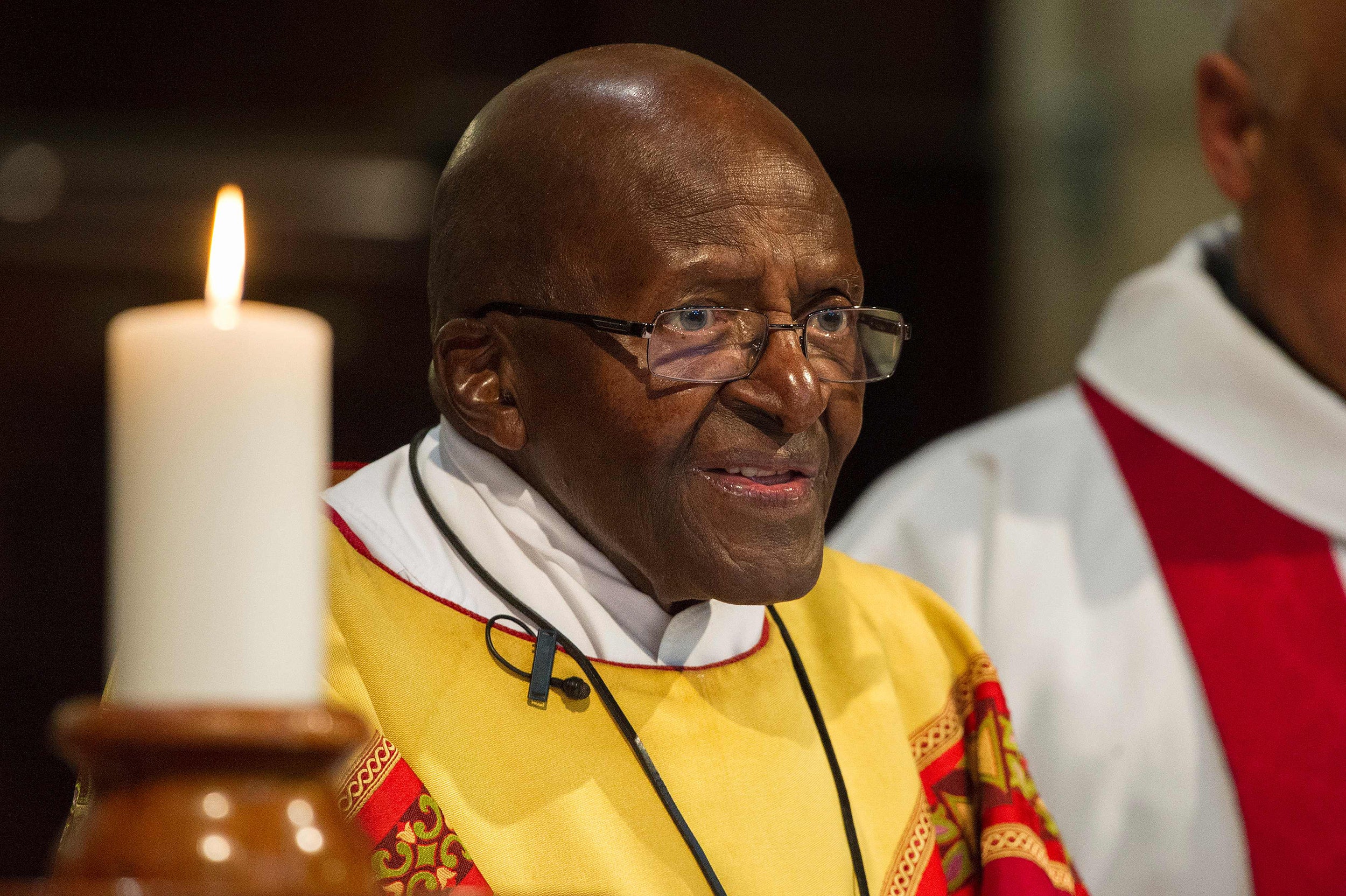Desmond Tutu’s testimony proves that you can be ‘religious’ and support assisted dying
There are many of faith, including clergy, who value life just as much, but who see no sanctity in suffering and nothing holy about agony

Your support helps us to tell the story
From reproductive rights to climate change to Big Tech, The Independent is on the ground when the story is developing. Whether it's investigating the financials of Elon Musk's pro-Trump PAC or producing our latest documentary, 'The A Word', which shines a light on the American women fighting for reproductive rights, we know how important it is to parse out the facts from the messaging.
At such a critical moment in US history, we need reporters on the ground. Your donation allows us to keep sending journalists to speak to both sides of the story.
The Independent is trusted by Americans across the entire political spectrum. And unlike many other quality news outlets, we choose not to lock Americans out of our reporting and analysis with paywalls. We believe quality journalism should be available to everyone, paid for by those who can afford it.
Your support makes all the difference.An earthquake has just occurred in the religious world, the effect of which may well be long-lasting and help change the law in Britain.
It concerns the issue of assisted dying – the ability of people who are terminally ill and who wish to avoid pain or indignity by choosing when to die.
At present it is illegal in this country, but British citzens can travel to Switzerland to die abroad because they cannot do so at home.
One of the obstacles to changing the law to permit assisted dying here has been the fierce opposition of religious bodies, with the Archbishop of Canterbury, Catholic Cardinal and Chief Rabbi all condemning it as against the principle of the sanctity of life.
This is certainly a view sincerely held by those concerned, but they have been mischievous as presenting it as the definitive religious view and assuming they have a monopoly on morality.
There are many of faith, including clergy, who value life just as much, but who see no sanctity in suffering and nothing holy about agony. It is a travesty of religious principles to force the terminally ill to live on against their will and to make them die in pain because of someone else’s theological idée fixe.
This supposedly monolithic religious opposition has now felt the tremors of the earthquake. It has come in the form of a video just released by Archbishop Emeritus Desmond Tutu. He states not only that he supports the right of individuals to an assisted death, but also that he wants the option of assisted dying for himself.
Tutu has just turned 85 and has prostate cancer. In the video he declares: “As a Christian, I believe in the sanctity of life … and that death is a part of life. I hope that when the time comes, I am treated with compassion and allowed to pass on to the next phase of life's journey in the manner of my choice.”
Bearing in mind that Tutu is one of the most famous religious figures in the world – alongside the Pope and the Dalai Lama – his endorsement is significant and will help to pierce the myth that being religious means being against assisted dying.
It will also chime with the public mood. In April last year, Populus conducted the largest ever poll on assisted dying – of 5,000 people – which found 82 per cent of the public support a change in the law.
More importantly, the poll also analysed support by religion, and found that support was just as high among those who were religious, with 80 per cent of Christians, 83 per cent of Jews and 91 per cent of Hindus in favour. (Support was lower among Muslims, 38 per cent, while 50 per cent of Sikhs were in favour.)
It signals that, as was the case with women’s ordination and gay rights, the religious hierarchy is not only out of step with the public at large, but also with its own members and even with a growing number of their own ministers. While this has long been suspected, Tutu’s declaration has highlighted the dissension within the highest echelons.
For many people of faith, caring for the lives of others is the litmus test of their creed. It is now evident that this is extending to the way individuals end their life, including the right to die as well as possible and in the way one wishes.
Rabbi Dr Jonathan Romain is minister of Maidenhead Synagogue and chair of Inter-Faith Leaders for Dignity in Dying (Ifdid)
Join our commenting forum
Join thought-provoking conversations, follow other Independent readers and see their replies
Comments